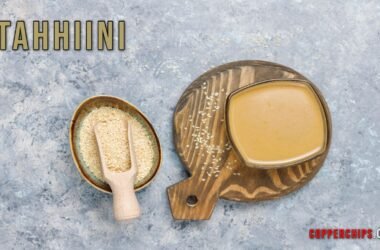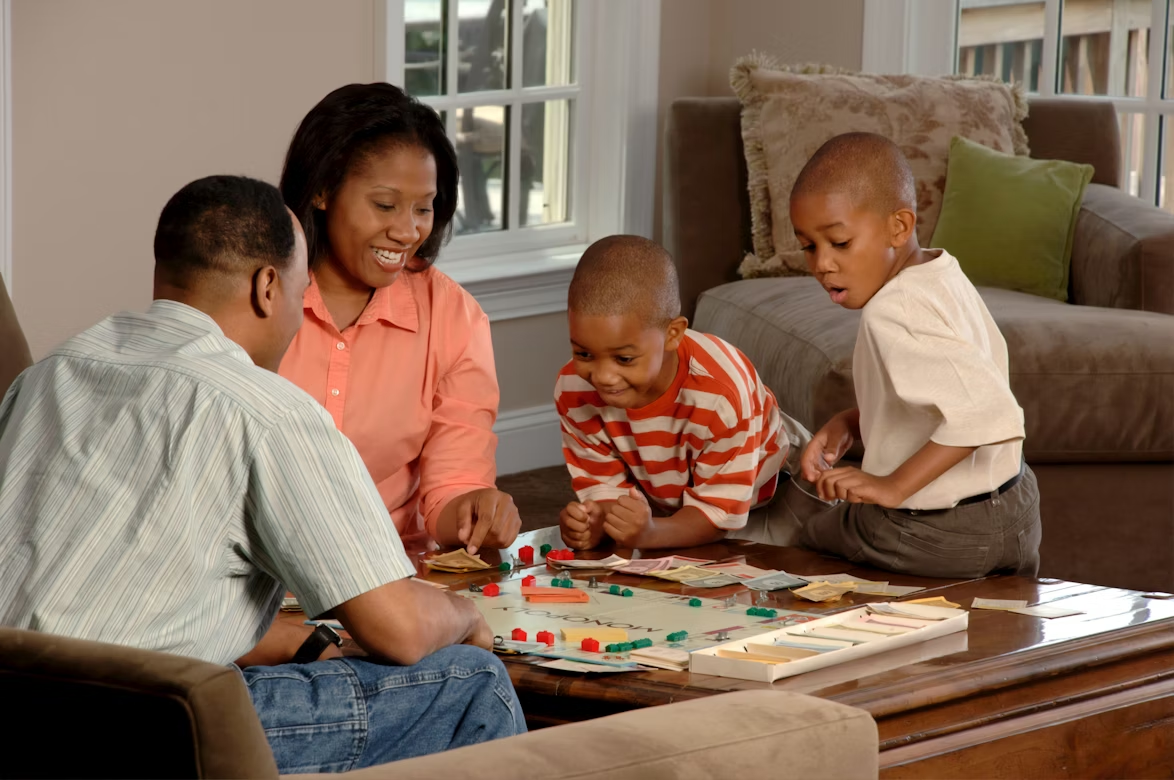They say that if beauty hurts, you’re doing it wrong. We can apply the same principle to parenting, especially since it has become more of a race today.
Endless choices, packed schedules, and the pressure to do it all ‘right’ have taken the joy out of parenting. The loneliness epidemic runs deep, even among parents, as many lack the required support to fulfill their role.
It takes a village to raise a child, right? When that isn’t present, a minimalistic parenting approach might help. It strips away the excess and focuses on what truly matters.
Before you think such an approach is restrictive, keep reading. This article will share four distinct habits of minimalist parents that set them apart in their parenting choices.
Creating Flexible Daily Rhythms
Did you grow up with tight time blocks and rigid schedules or a more flexible daily rhythm? The latter is the way minimalist parents choose to go. They do not believe in planning every hour of the day.
Instead, minimalist parents adopt an intuitive flow where life is structured around consistent patterns. That’s a way to gain stability without any pressure.
Let’s use a comparison to understand this approach better. Traditional parents typically use precise time slots, like snacking at 3 PM or homework at 4 PM. Minimalist parents also create order but in a rhythmic manner.
Their plan might involve something like: come home, have a light snack, and a bit of play. Once the child has settled and is focused, they may be asked to sit for homework. Such an approach reduces power struggles and allows children to self-regulate.
A 2025 survey found that 65% of American parents are just getting through the day instead of truly enjoying it. This highlights the heavy cognitive load of juggling schedules, errands, and other activities.
Rhythms, on the other hand, don’t suppress a child’s natural cues; they work around them. As a result, these families move more harmoniously with their daily lives.
Prioritizing Clean, Conscious Consumption
Traditionally, providing more for one’s child is equated with growth and happiness. While other parents are in a race to buy more products, minimalist parents avoid heavily advertised brands. They understand that widely available products do not automatically become safe.
This approach goes beyond picking organic, it’s about nurturing awareness. Parents who take this route often ask:
- Do we really need this?
- Is it safe and non-toxic?
- Is it adding any value?
Take the example of infant feeding, which has become an area of growing concern. Discussions in recent years sparked by the NEC baby formula lawsuit have made families extra cautious about what they feed their little ones.
To highlight the importance of diligence, TorHoerman Law shares that baby formulas like Enfamil and Similac are linked to Necrotizing Enterocolitis (NEC). It’s a deadly gastrointestinal condition, particularly fatal among preterm, underweight infants.
Such formulas belong to the category of over-commercialized products. What’s worse is that the manufacturers marketed them as safe, thereby misleading parents. Minimalist parenting values critical thinking over the latest buzz or fad.
Through less consumption and wise choices, this approach protects the family from unnecessary exposure. It extends beyond food and shows up in choices like fragrance-free baby wash and reusable containers, among others.
Choosing Presence Over Perfection
We live in a largely image-obsessed culture. It not only encourages buying products, but also identities. The same can be seen in parenting, where ‘momfluencers’ portray highly curated versions of motherhood.
Their homes look Pinterest-worthy, their routines are flawless, and their children are always well-behaved. This sets unrealistic standards that may leave other parents feeling inadequate and pressured to perform. The situation has gotten bad enough to turn into a public health crisis.
Minimalist parents focus on being present in the moment, not portraying curated perfection. For instance, a perfectionist-focused approach might involve preparing elaborate-themed snacks, color-coordinated activities, or timed screen breaks.
Minimalist parents may simply do the following:
- Sit on the floor amid the mess and fully engage with their child during play
- Offer a spontaneous hug after a rough day at school
- Prepare a simple meal and savor the time at the table with the family
Such a mindset is not just edgy, it’s supported by research. A 2024 study on nearly 700 parents found that 57% reported feeling burnt out, mainly from striving to be perfect. This burnout will also affect children in the process.
Minimalist parents sidestep the vicious cycle by letting go of unrealistic standards. They simply show up with their presence, patience, and sincerity. This also teaches children that authenticity is much more valuable than photo-ready moments.
Simplifying Everyday Decisions
Another striking characteristic of traditional parenting is constant customization or optimization. Traditional parents seem to be cooking new meals or engaging in new activities each day.
Minimalist parents believe in simplification without subtracting the fun. Valuing consistency and calm, minimalist parents make purposeful efforts to streamline their daily decisions. Their aim to reduce decision fatigue extends to every possible area, from their children’s outfits to meal planning.
Let’s see a few examples of the simple, consistent routines that minimalist parents create:
- Mixing and matching outfits from a capsule wardrobe to avoid morning outfit battles
- Weekly meal rotations of a few healthy and delicious favorites instead of reinventing food daily
- Selective toy and activity rotation to ease both cleanup and choice overload
Such intentional simplification can preserve emotional/cognitive energy, something that is the need of the hour for parents. A multicultural survey found that parents spend around 520 hours per year managing ‘invisible labor’ or mental load.
This duration refers to the planning, organizing, and decision-making aspects of parenthood. The figure translates into roughly 10 hours each week! By letting go of unnecessary choices, minimalist parents not only reclaim their time but also their cognitive space.
On a final note, minimalist parenting does not mean that beige becomes the new black. In other words, you don’t need to confine yourself to an aesthetic, like the beige moms of TikTok. They created outrage among netizens over their ‘neutral parenting’ efforts.
This approach is simply about doing what matters with greater intention. For this, you don’t need to overhaul your lifestyle overnight. Simplify one daily routine or create a screen-free moment each day to truly connect.
Each intentional step will offer you greater clarity and peace. Forget about perfection and make intention your ultimate goal.








